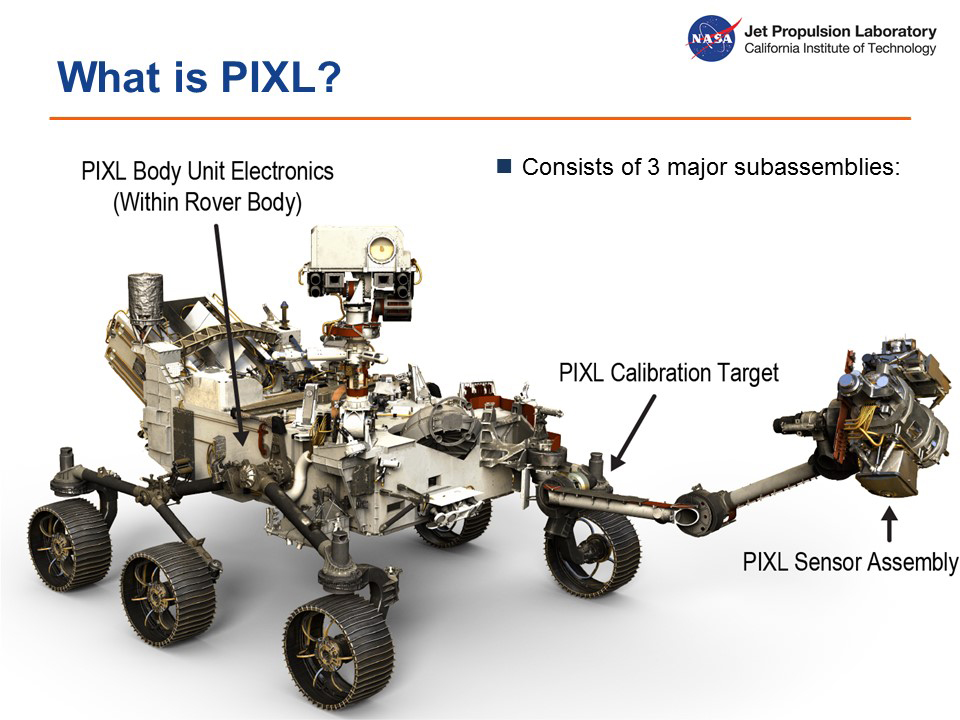More Stories

A new study looking at the early history of Mars' climate could provide insight into microbial life on the Red Planet.
The study characterizes the climate of Mars over the planet’s lifetime, which revealed periodical warming in its early days due to the input of greenhouse gases from volcanism and meteorites.
One of the authors of the study is Joel Hurowitz, Ph.D., of Stony Brook University.
“Mars was intermittently warmed when its atmospheric composition was altered by the input of gases derived from volcanism and meteorite impactors. These climate optima allowed water to flow across the surface, forming rivers and lakes, and the rocks and minerals we associate with water on Mars,” explains Hurowitz, associate professor in the Department of Geosciences.
 Joel Hurowitz, PhD, is an Associate Professor in the Department of Geosciences in the College of Arts and Sciences at Stony Brook University.
Joel Hurowitz, PhD, is an Associate Professor in the Department of Geosciences in the College of Arts and Sciences at Stony Brook University.
Hurowitz is also a member of the research team working on the NASA Mars 2020 Mission Perseverance Rover and is one of the scientists who worked on the PIXL (Planetary Instrument for X-ray Lithochemistry) that is attached to the arm of the rover.
“This paper proposes a model for climate variation on Mars that can be tested with measurements of the chemistry and minerology of rocks by PIXL and the Perseverance rover in Jezero Crater,” says Hurowitz.
 A diagram of the Mars Perseverance Rover with PIXL technology.
A diagram of the Mars Perseverance Rover with PIXL technology.
The study also points out that in our solar system, Earth is the
only planet that has an oxygen-rich atmosphere, which suggests oxygen could
serve as a biomarker gas in the hunt for evidence of life on other planets.
However, the climate model also predicts that there was a long period of oxygen-rich
atmospheres during the middle ages of Mars without the
presence of life. This indicates that the detection of oxygen alone can be a ‘false
positive’ for life.
“Because prebiotic chemistry does not occur in highly oxidizing
environments, this work places constraints on the time periods and locations in
which life could have originated and persisted on early Mars," Hurowitz says.
Another limiting factor for life is that despite its warmer early days, Mars also remained relatively cold during the intervening periods, presenting life with obstacles to emerge.
In short, the study suggests the emergence of life on Mars was likely possible during certain periods, but would have faced many hurdles to sustain itself.
More from News 12
1:58

Snow woes turn to concerns about overnight ice on NJ roadways
2:19

Snow tapers in New Jersey; cold and icy start of the week ahead
0:31

2 people killed when car crashes into Gloucester County home
0:18

Father, daughter injured in South Brunswick mobile home fire
0:22

Raccoon tests positive for rabies in Linden
0:16
